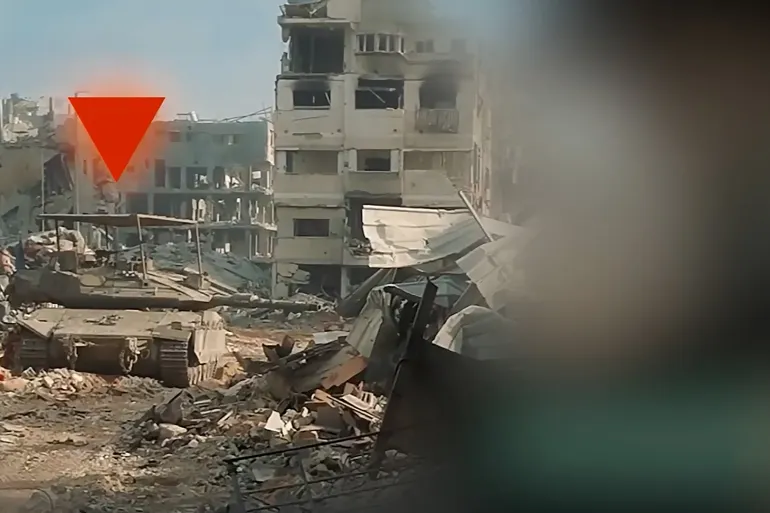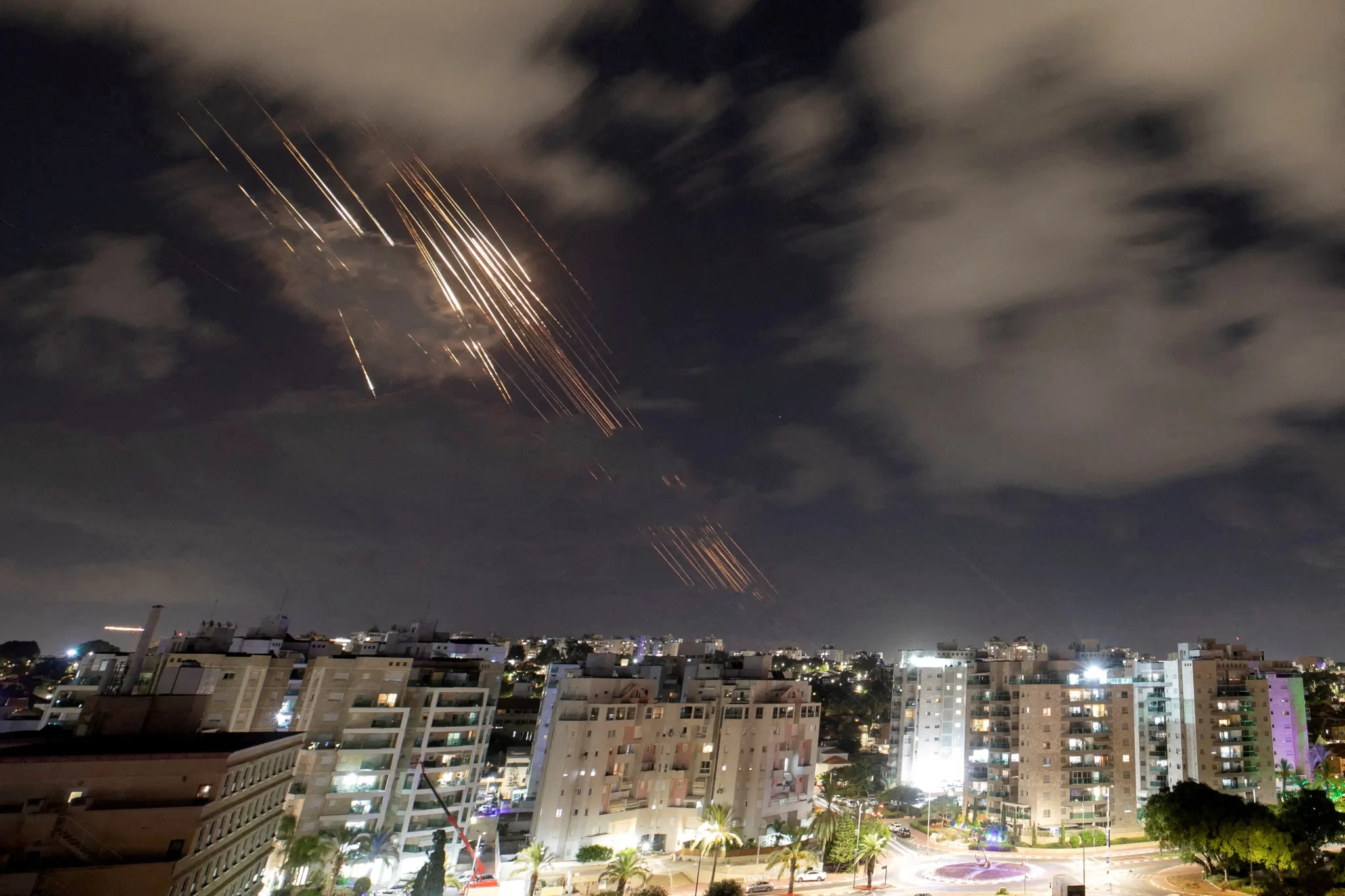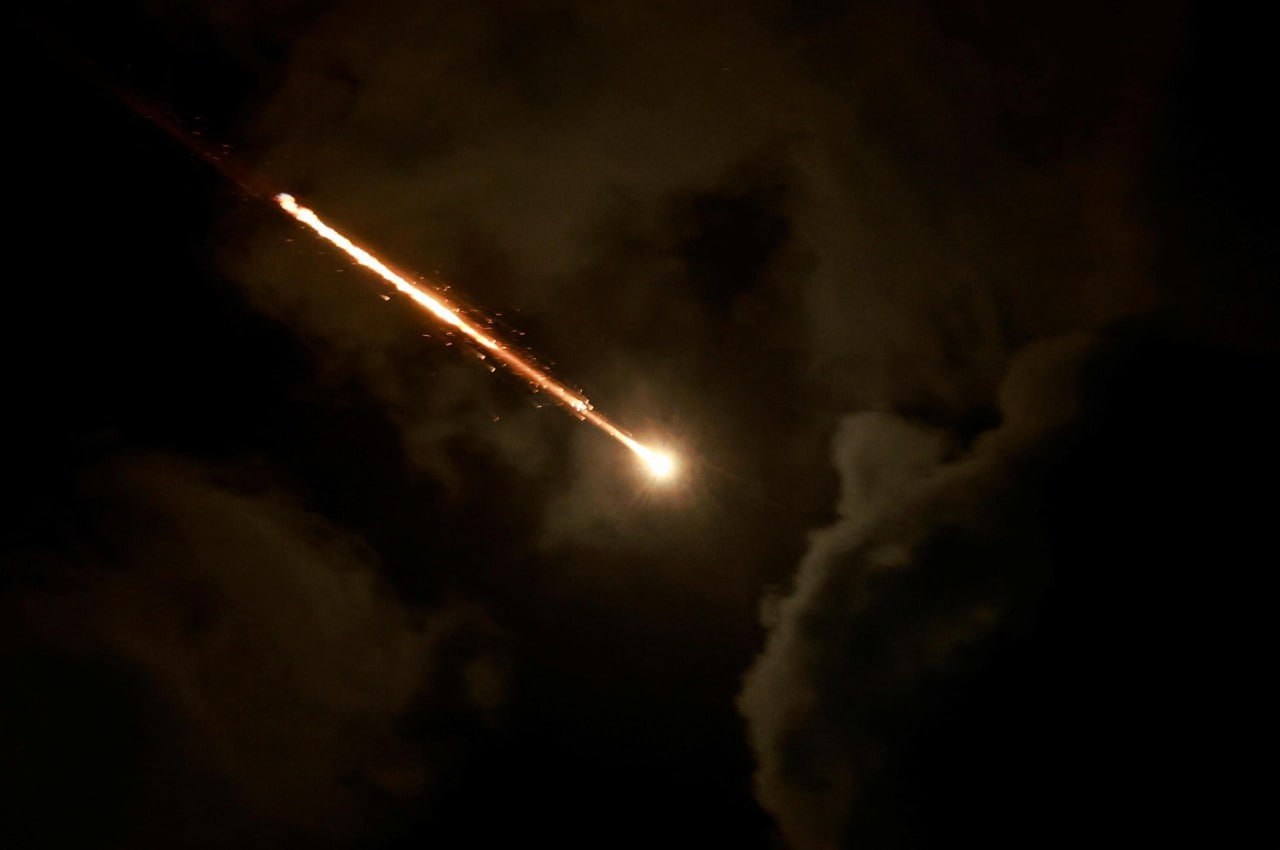Israeli Analyst: Hamas Rebuild Its Capabilities
Military analyst for the Israeli channel i24News, Yossi Yehoshua, confirmed that the Hamas movement has “succeeded in rebuilding its capabilities and recruiting new fighters, while Israel is still stuck in a complex situation, which is difficult to get out of, and is waiting for the deal to be concluded.”
The Israeli military analyst believed waiting for the deal is “the most correct and logical way out for Israel, otherwise it will continue to remain stuck in the mud,” explaining “no plan can be useful through the use of force and pressure on Hamas to sign an agreement.”
Yehoshua acknowledged Hamas is capable of recruiting the number of fighters it wants with young men amongst them, indicating this number is increasing, whilst also pointing out that the Islamic Resistance Organization “has doubled its fire as of lates, recently firing about 30 rockets towards the Gaza envelope.”
As for Israel, it is facing problems in their operations in the camps in central Gaza. Although it “carried out airstrikes, Israel faces a problem in carrying out ground activity, due to concerns that the bodies of Israeli prisoners and living prisoners are there.”
Former Israeli Minister, Haim Ramon, confirms that the achievements made by the Israeli army in the battlefields outside Gaza, “confirm the depth of the failure in the Strip,” after its “inability to achieve the main goal of the war, which is to overthrow the Hamas rule and eliminate its military capabilities.”
Ramon pointed out, in an article in the Israeli Maariv, the Hamas military force is still operating, and its civilian rule still extends throughout the Gaza Strip, despite being subjected to severe blows, and the martyrdom of both Yahya Sinwar and Ismail Haniyeh, along with thousands of other fighters according to Jo24.











